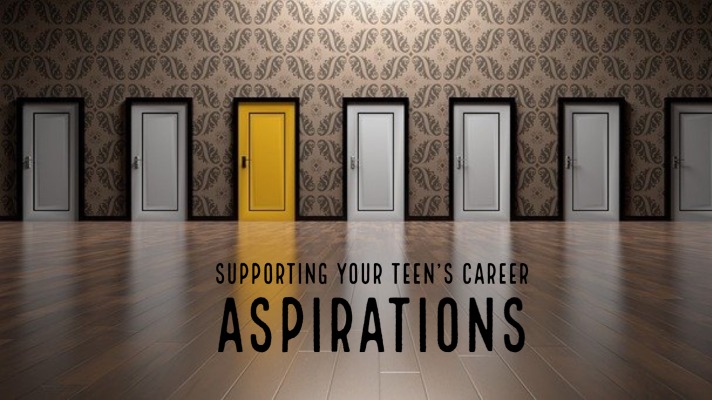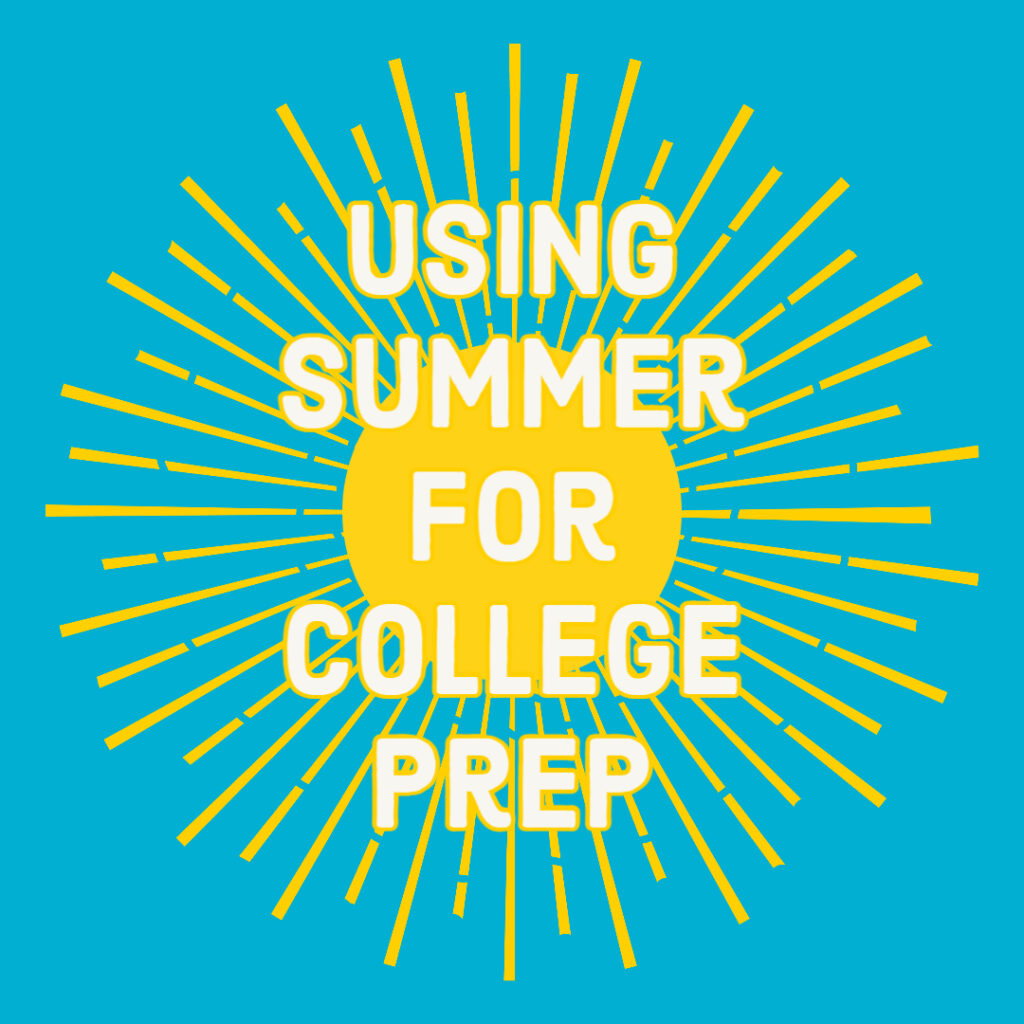
Research shows that parents have a strong influence over their child’s college or career path. That influence may be subtle, and beyond the conscious awareness of the child, or often not so subtle. Parents have been known to push a child into a career path for numerous reasons, most have nothing to do with the child’s interests.
Parents are the number one influence in the career and college major choices made by their children.
Growing up, my parents had some friends who insisted their children and even their son-in-laws follow the father’s career path as a doctor. They all attended college and medical school following in his footsteps. They all became doctors, but not all were happy in their careers. Most were miserable and floundered around until finally giving up and leaving the medical profession. Not only did they waste years on their education and a medical degree, but they have never recovered from what they perceived to be a failure.
Continue reading Supporting Your Teen’s Career Aspirations








